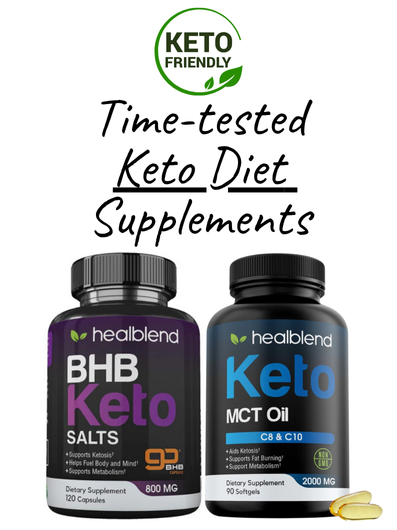
Food Supplements
The idea behind food supplements, also known as dietary or nutritional supplements, is to provide nutrients that otherwise may not be consumed in sufficient quantities. Food supplements can be vitamins, minerals, amino acids, fatty acids, and other substances, and are usually ingested in the form of pills, tablets, capsules, liquid, etc. Supplements are available in a range of doses, and in different combinations. However, only a certain amount of each nutrient is needed for our bodies to
function, and higher amounts are not necessarily better.
At high doses, some substances may have adverse effects, and may become harmful. For the reason of safeguarding consumers’ health, supplements can therefore only be legally sold with an appropriate daily dose recommendation, and a warning statement not to exceed that dose.
Who Benefits From Dietary Supplements?
- Maintain their general health.
- Support mental and sports-related performance.
- Provide immune system support.

Yet Some Individuals May Need Them Especially, Including:
Women Who Are Pregnant Or May Become Pregnant
Women who may get pregnant should consume 400 micrograms of folate on a
daily basis, either from food or supplements, to safeguard against birth
defects. Folate is a B vitamin, needed to produce genetic materials,
including DNA. It’s available in prenatal vitamins that may also contain
helpful levels of iron and calcium.
Older Adults
As we age, we may need certain vitamins and minerals more than younger
people. These could include calcium and Vitamin D, which are important
for bone strength, Vitamin B-6 that helps form red blood cells, and
Vitamin B-12 that helps maintain nerves and red blood cells.
People With Food Allergies Or Restricted Diets
If you are vegan, have food allergies or an intolerance to lactose, or
have difficulty digesting or absorbing nutrients, dietary supplements
may provide you with important benefits.

Side Effects To Watch Out For When Taking Dietary Supplements
If you take dietary supplements as directed, follow all guidelines, and
consult with your doctor, the risks are low. Some side effects from
dietary supplements include upset stomach, heartburn, gas, and bloating.
More serious adverse health events could happen if you do not adhere to
instructions. Nausea, bleeding, headache, and liver damage are a
partial list of the dangers that may arise with unsafe use. Importantly,
healthcare providers can provide guidance on whether a dietary
supplement may interact with a medication you are taking.

